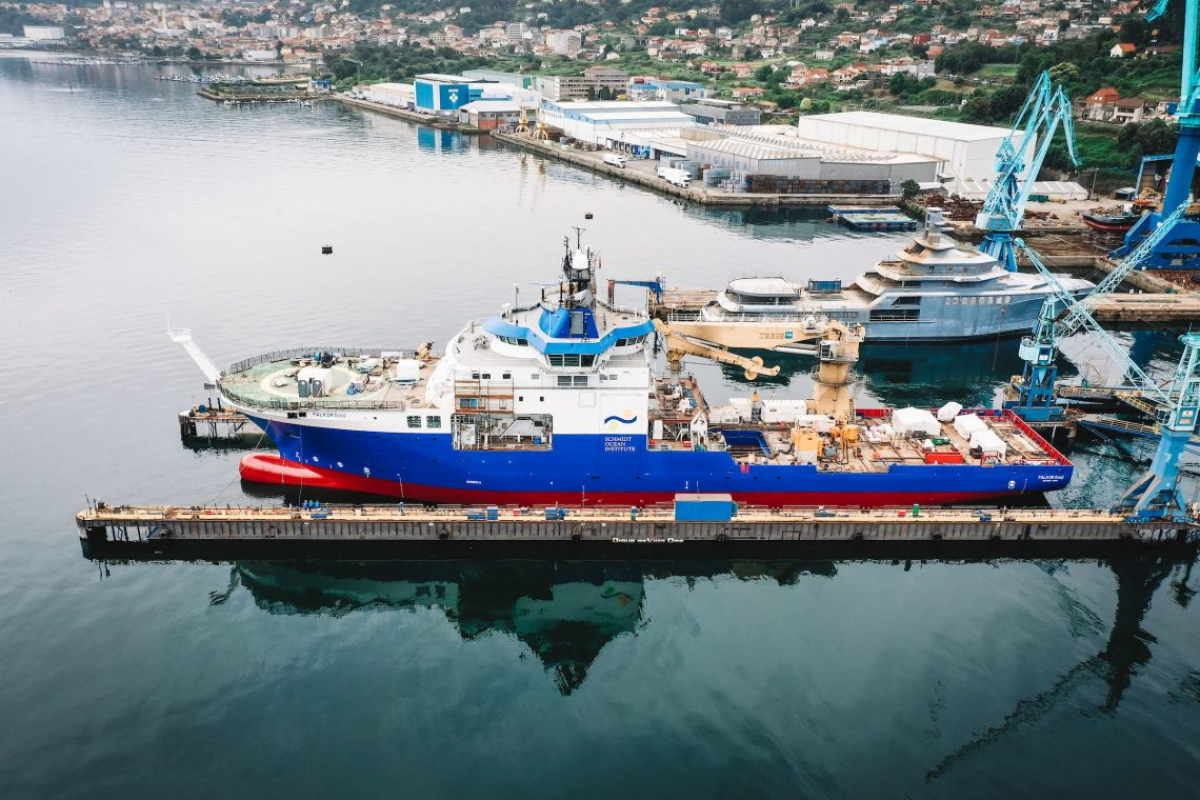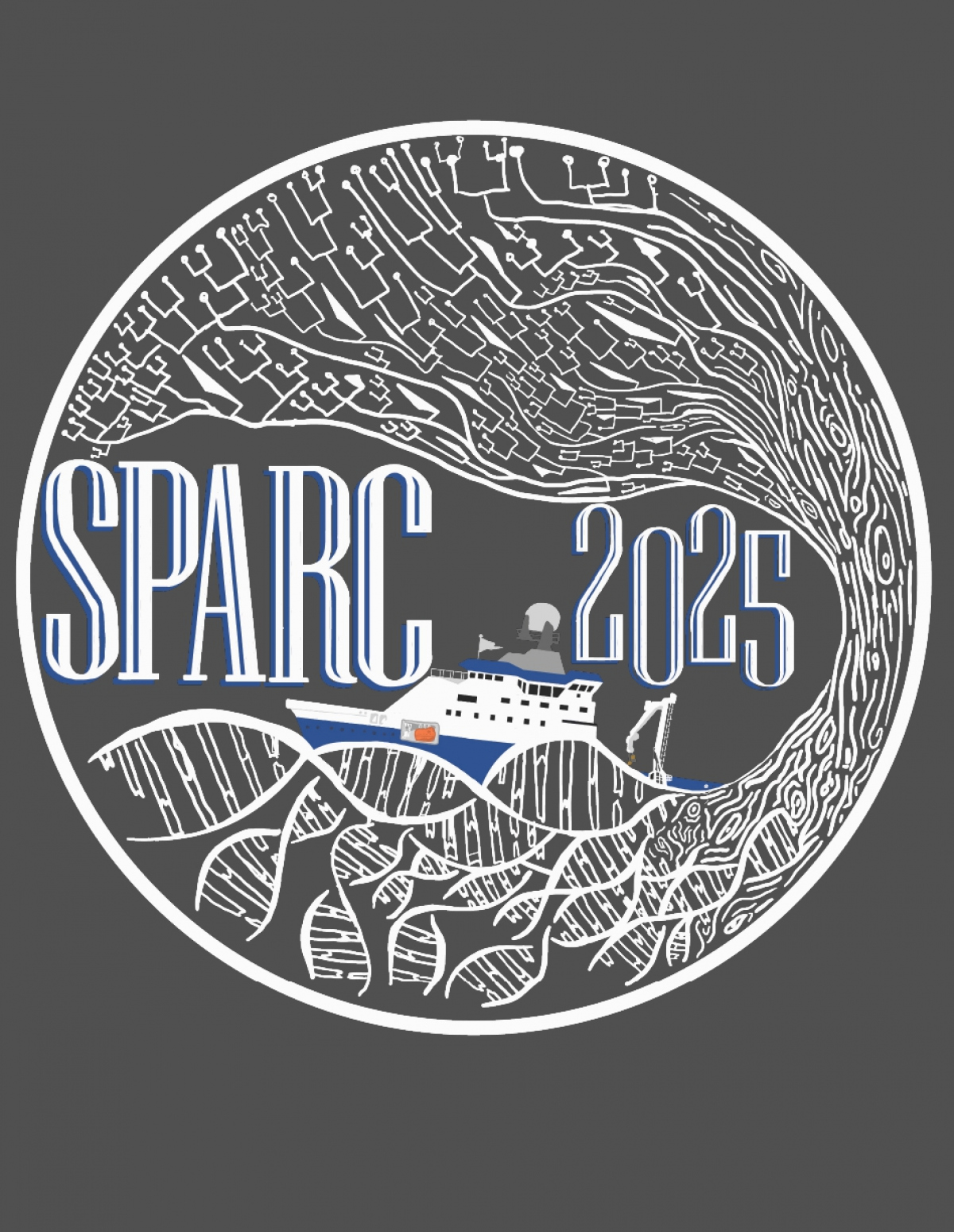
BIOCEV scientists search for the origin of life along the coast of Uruguay
Pavel Doležal and Robert Šuťák from the Department of Parasitology at Charles University's Faculty of Science and the BIOCEV center will take part in an international research expedition off the coast of Uruguay. Together with other colleagues in a team led by Brett Baker from the University of Texas, they will search for microbial life in marine sediments at the bottom of the sea that could help us understand the origin of eukaryotic cells about two billion years ago. The expedition is funded by the Schmidt Ocean Institute and the Betty and Gordon Moore Foundation. The mission will run from November 13 to December 3, 2025.
"The expedition focuses on descendants of ancient prokaryotic lineages that underwent eukaryogenesis—an evolutionary process in which bacteria and archaea merged to form the first complex (eukaryotic) cell," says Pavel Doležal.
Specifically, the team is focusing on a group of Asgard archaea called Hodarchaeales. These microorganisms live in coastal mud at the interface between fresh and salt water at the mouth of the Río de la Plata.
"By collecting water, sediment, and living cells and then analyzing them using genomic libraries, we want to refine our understanding of how—and under what conditions—complex eukaryotic life first appeared on Earth," adds Robert Šuťák.
More about the project HERE
You can follow the location of the vessel with Czech scientists live HERE




Text: Faculty of Science, Charles University / BIOCEV
Photo: Schmidt Ocean Institute












